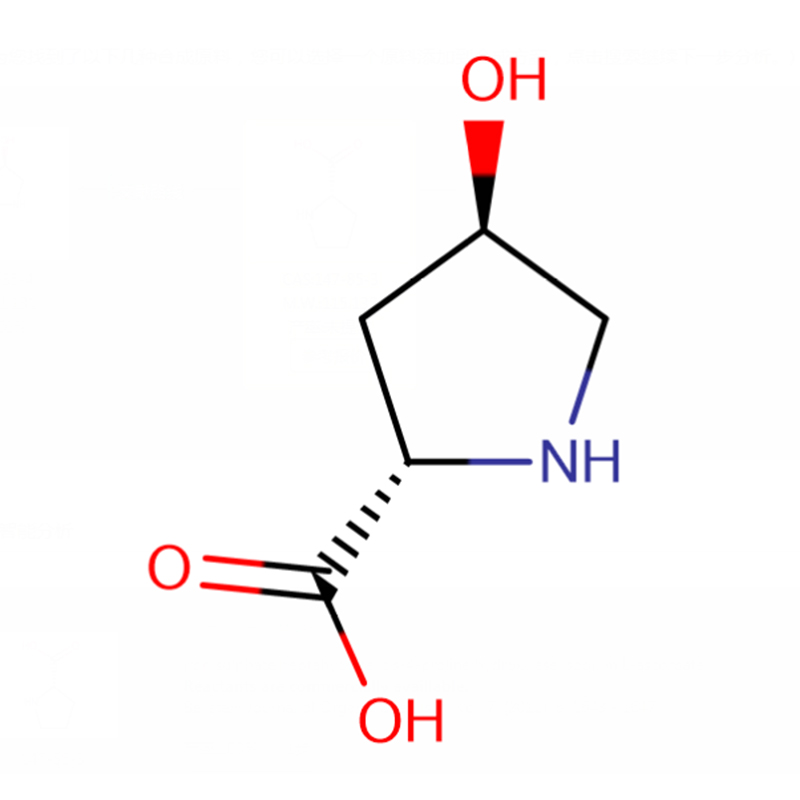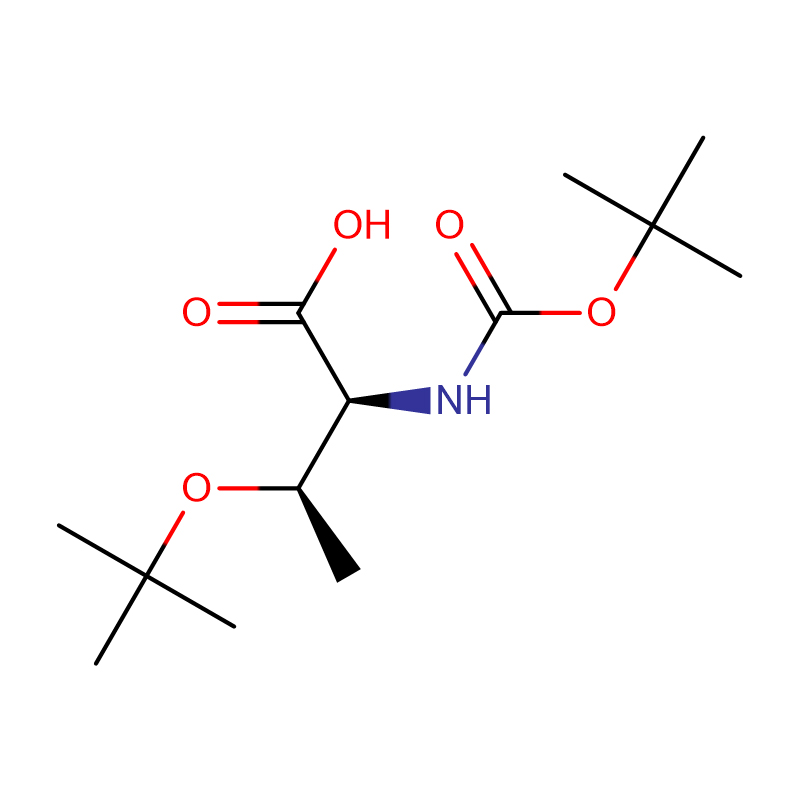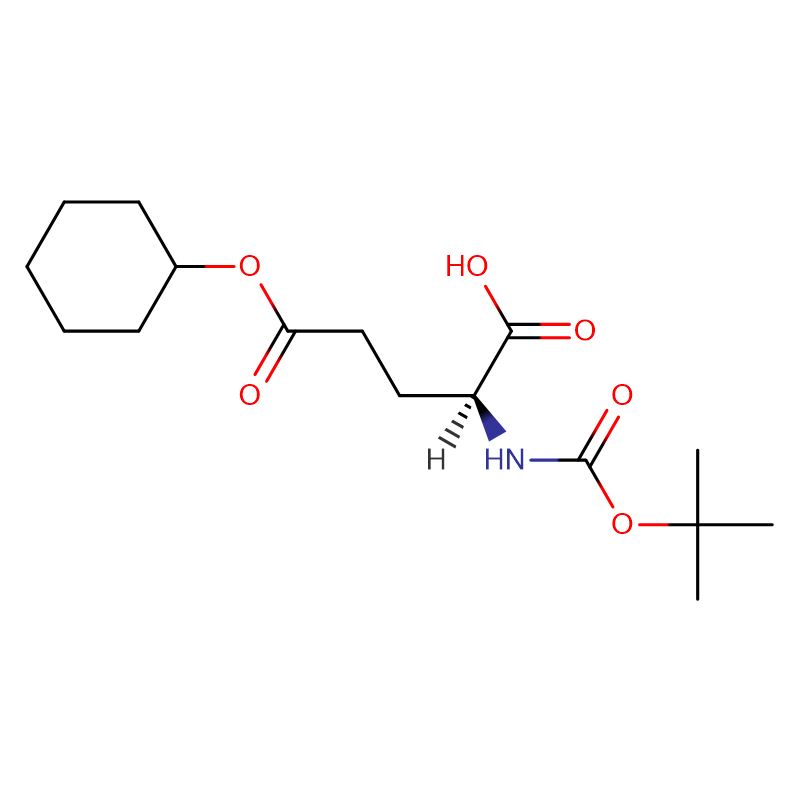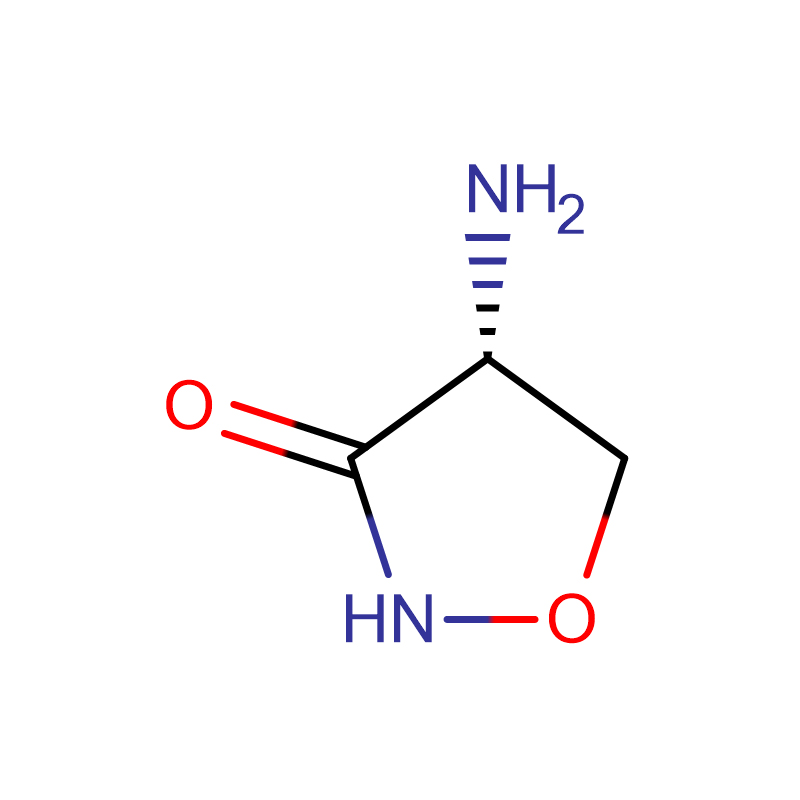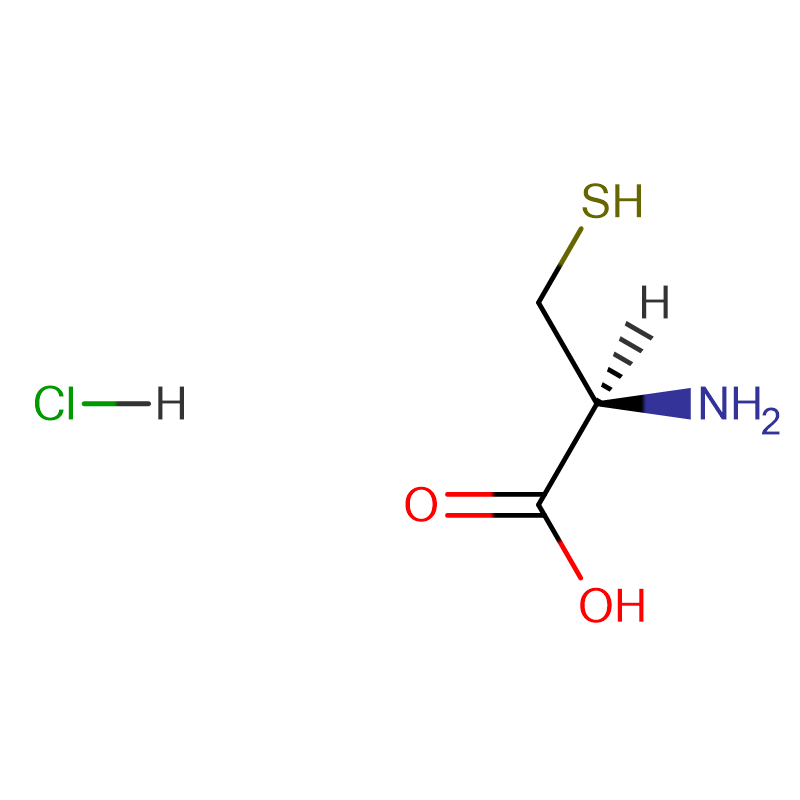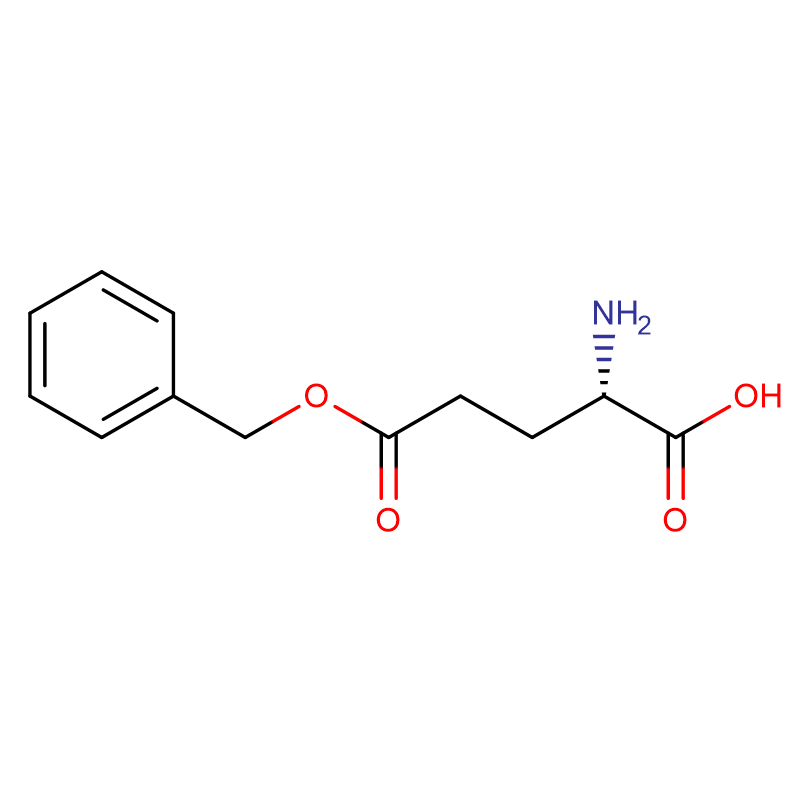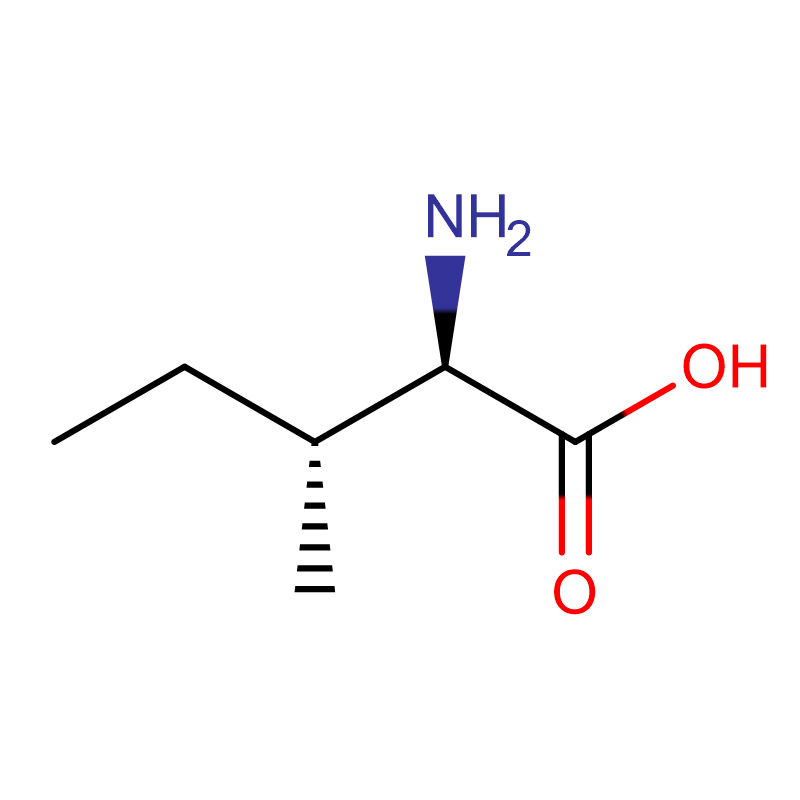L-Hydroxyproline Cas: 51-35-4 White powder
| Catalog Number | XD90292 |
| Product Name | L-Hydroxyproline |
|
CAS |
51-35-4 |
|
Molecular Formula |
C5H9NO3 |
|
Molecular Weight |
131.13 |
| Storage Details | Ambient |
|
Harmonized Tariff Code |
2933998040 |
Product Specification
| Assay | 99% |
| Appearance | White powder |
Idiopathic pulmonary fibrosis is thought to involve lung injury caused by reactive oxygen species (ROS), which in turn is followed by abnormal fibrosis. A transforming growth factor (TGF)-β1-induced increase in myofibroblast number plays an important role in this abnormal fibrosis. We recently found that mepenzolate bromide (mepenzolate), which has been used clinically to treat gastrointestinal disorders, has ROS-reducing properties. In the present study, we examined the effect of mepenzolate on bleomycin-induced pulmonary fibrosis and lung dysfunction in mice. The severity of pulmonary fibrosis was assessed by histopathologic evaluation and determination of hydroxyproline levels. Lung mechanics (elastance) and respiratory function [forced vital capacity (FVC)] were assessed using a computer-controlled ventilator. Respiratory function was also evaluated by monitoring percutaneous arterial oxygen saturation (SpO2). Intratracheal administration of mepenzolate prior to bleomycin treatment reduced the extent of pulmonary fibrosis and changes in lung mechanics and led to a significant recovery of both FVC and SpO2 compared with control. Furthermore, mepenzolate produced a therapeutic effect even when it was administered after the development of fibrosis. Administration of mepenzolate also prevented bleomycin-induced pulmonary cell death and inflammatory responses and increased myofibroblast number. Mepenzolate also decreased NADPH oxidase activity and active TGF-β1 level or increased glutathione S-transferase (GST) activity in the presence of bleomycin treatment. These results show that the intratracheal administration of mepenzolate reduced bleomycin-induced pulmonary fibrosis and lung dysfunction in mice. These effects may be due to this drug's inhibitory effect on NADPH oxidase and TGF-β1 activities and its stimulatory effect on GST.


